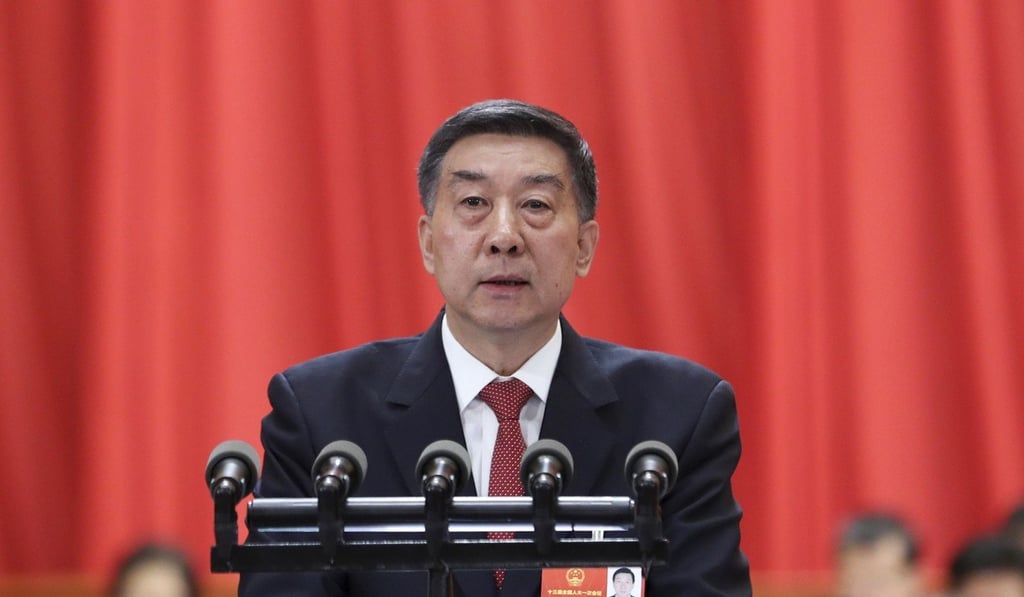New immigration bureau set up to handle growing number of foreigners in China
Central agency will coordinate policies and their implementation

The growing trend of people emigrating to and from China has prompted Beijing to set up a new agency to coordinate immigration policies and their implementation.
It comes as Beijing ramps up measures to attract more skilled foreigners to China for work – efforts that are often undermined by red tape, particularly the complicated visa application process.
Managed by the Ministry of Public Security, the new immigration bureau will be responsible for overseeing visas, repatriation of people found to be in the country illegally, and border control. It will also provide exit and entry services for Chinese nationals.
“Along with the rise of China’s power, an increasing number of foreigners have come to work and live in this country, which means better immigration services are needed,” State Councillor Wang Yong told some 3,000 lawmakers at the Great Hall of the People in Beijing. The plan is expected to be endorsed by the NPC later this week.
